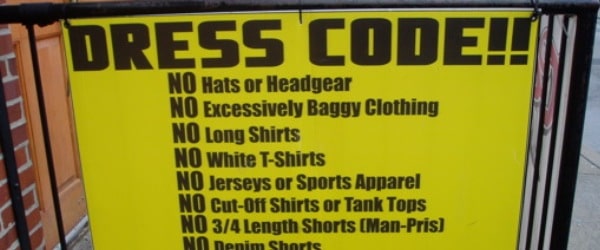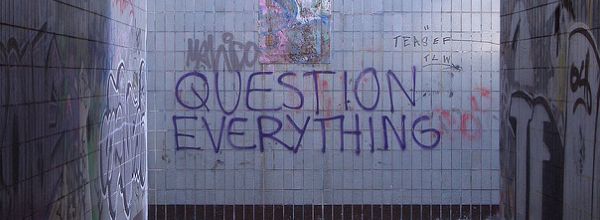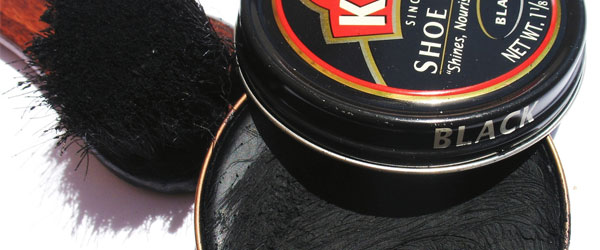The conventional sequence for getting a new job in science (or anywhere else) goes like this: 1) Apply for a job 2) Get an interview 3) Ace the interview 4) Pray that your references hold up.
So if you had a bad relationship with your last boss, you’re in trouble. Because no matter how well you do at an interview their bad reference will sink you. Well, that’s what the conventional wisdom says anyway. But the conventional wisdom is wrong.
If you get to step 2) and are shortlisted for an interview, you already have a good chance of getting the job. And when making decisions after the interview, your potential employer will put more weight on their personal experience of you than on a reference from an unknown person with a potential conflict of interests.
That said, they will still normally ask for a reference. But if you think you can get a bad one from an old boss, there are a number of ways to make sure it doesn’t hurt your prospects. The main thing is to just be honest about why you don’t want to ask for a reference from your previous supervisor or PI.
Here are three cases from my experience that illustrate the possibilities.
Case 1 – The PhD Student With the Unhappy Supervisor
I know a PhD student (not his real name), who had a huge row with his supervisor at the end of his postgraduate studies. It had something to do with the author’s order on a paper, but the details were not important. What is important is that he was able to get a postdoctoral position without a good reference from the unhappy former supervisor.
After the interview, he was asked about the references and told the truth, without going into details, that the supervisor was not happy with him. He also mentioned that he could supply references from his second supervisor and his Masters Project advisor.
The interviewing PI was happy to accept his explanation and alternative references. And the PhD Student got the job.
Case 2 – The Young Postdoc Who Found Himself in the Wrong Job
An acquaintance of mine, Newly Minted PhD (also not his real name), had papers in good journals and stellar references from his PhD supervisors. He got a postdoc in one of the best UK universities, the topic looked good on paper, and everything was rosy.
But when we started in the post, he discovered that his new PI was unsupportive and that no one was willing to help him start working on a new topic. He needed to get out. But – urgh – that would surely incur a bad reference from his new boss, wouldn’t it? Well, no!
He asked his former PhD supervisor what to do and was advised to leave ASAP. He did as his former supervisor advised and instead of asking for a reference from his short-lived boss, Newly Minted PhD used his previous references (from his PhD supervisor and previous tutors) to get another job in a different institution.
Case 3 – The Mature Postdoc Who Just Wanted to Stay in the Same City
A friend, we’ll call him The Mature Post-Doc (you’ve guessed it; not his real name), was desperate to stay in the same city. A half-paid mortgage on his house, children in a good school, and other unnecessary luxuries were keeping him there. So in desperation, he accepted a job with a bad history; two previous postdocs had left the same job.
Unsurprisingly, he got the job. And just as unsurprisingly, he didn’t get along with the PI and left with the sounds of “you’ll never work again!” ringing in his ears.
Well, he did get another job. And he did it without even trying to get a reference from the Angry Supervisor. He just asked for one from his previous long-term employer, and that was good enough for his new boss.
Case 4 – The Post-Doc With a History Who Still Got the Job
If you think those guys above were battling against the odds, then the example of the Post-Doc with a History will knock your socks off! He not only had bad references from his two consecutive previous jobs but he was actually fired from the second job in the middle of a grant. Ouch.
But did he let his history drag him down? No! He rose from the ashes to grab a new postdoc position, relying only on the references from the time of his PhD.
The Moral of These Stories
The moral of these stories is that you don’t need your previous employer’s reference to get a job. Even as a PhD student, you have several people to ask for a reference if you suspect your last employer will be a problem. It could be your tutor, summer project/master/second PhD supervisor, or even the internal seminar organizer who has seen you presenting your work and answering questions. Or if you are a bit longer in the tooth, just go back to your last satisfactory employer for a reference.
The important factor is – as it is even if you have the best reference ever – how you come across as a person in the interview.
Cases 2 and 3 give us another important rule of thumb: Do not stay in an obviously dead-end position for more than a year. Everybody understands that not all employer/employee relationships are made in heaven, but if you worked more than a year this makes people (including you) wonder why you didn’t quit if it was really that bad.
Case 4 gives us all hope. If he was able to find a job with two strikes and the current horrible job market, I am sure you can do it too!
Good luck!







